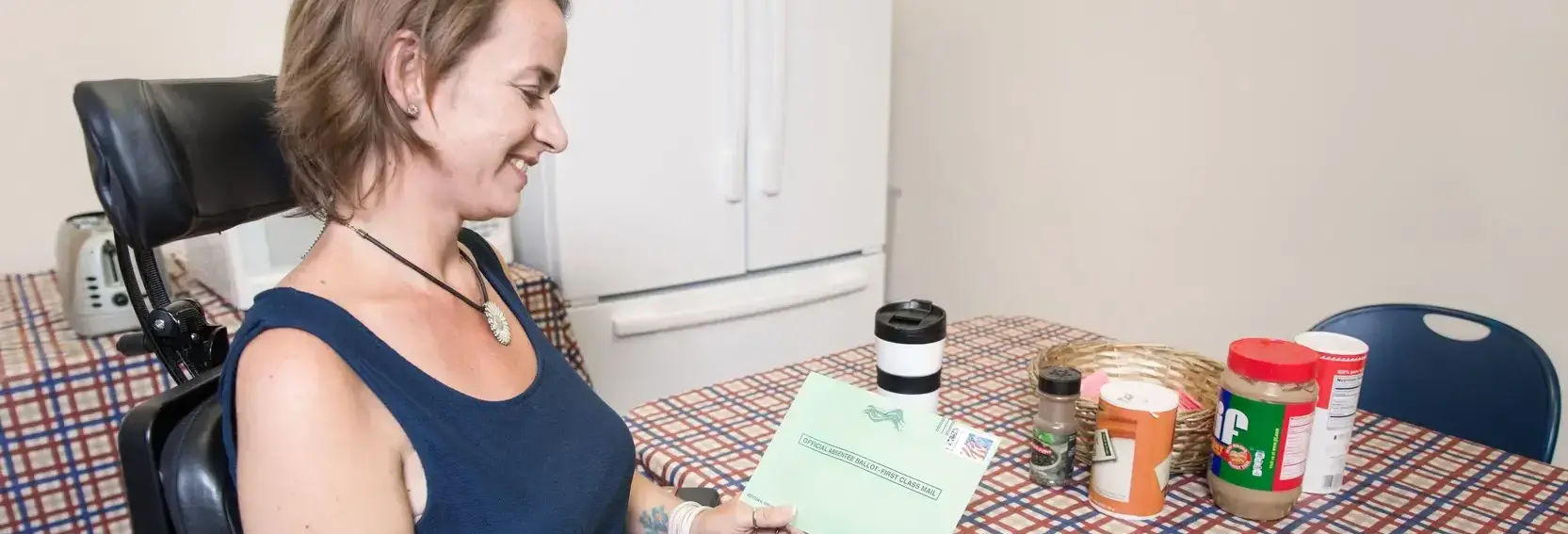Thirty-six states, including Florida, have passed signature matching laws for vote-by-mail ballots. These laws were passed to prevent voter fraud, but these laws intended to protect vulnerable voters might actually be doing more to hurt than help.
The Issue
During the 2018 midterm elections, 32,176 total vote-by-mail ballots were tossed out due to signature mismatch in Florida. A voter’s signature on their vote-by-mail ballot must match a single signature on file, usually from a driver’s license or state ID. These signatures can sometimes be very old and may have been signed on a digital signature pad making them less reliable. Those responsible for comparing signatures on ballots to those on file tend to be elections officials who do not have training in handwriting analysis. Frequently voters are not informed that their ballot was not counted, or when they are notified that their ballot has been flagged for signature mismatch, they are not given enough time or adequate accommodations to address the issue.
Why it Matters
Voters with disabilities are at higher risk of having their vote-by-mail ballots tossed out due to signature mismatch. Some voters with disabilities have degenerative disorders that can cause their signature to change over time. Pain or tremors can cause someone’s signature to look different anytime they sign their name. In order to fix a signature mismatch issue, a process called curing, voters must complete an affidavit that must either be witnessed or notarized. This usually must be done at the Supervisor of Elections office which can pose transportation challenges for many voters with disabilities.
Take Action for Change
States can address these issues by implementing several policy reforms:
- States can allow voters to cast absentee ballots through secure online and electronic options.
- Education should be provided to voters on signature matching requirements.
- Signature verification software, which can compare multiple signatures at once, should be used to improve accuracy.
- Voters should be permitted to cure signature mismatches remotely.
- If a signature mismatch is discovered, voters should be notified immediately and given adequate time to cure their ballots.
